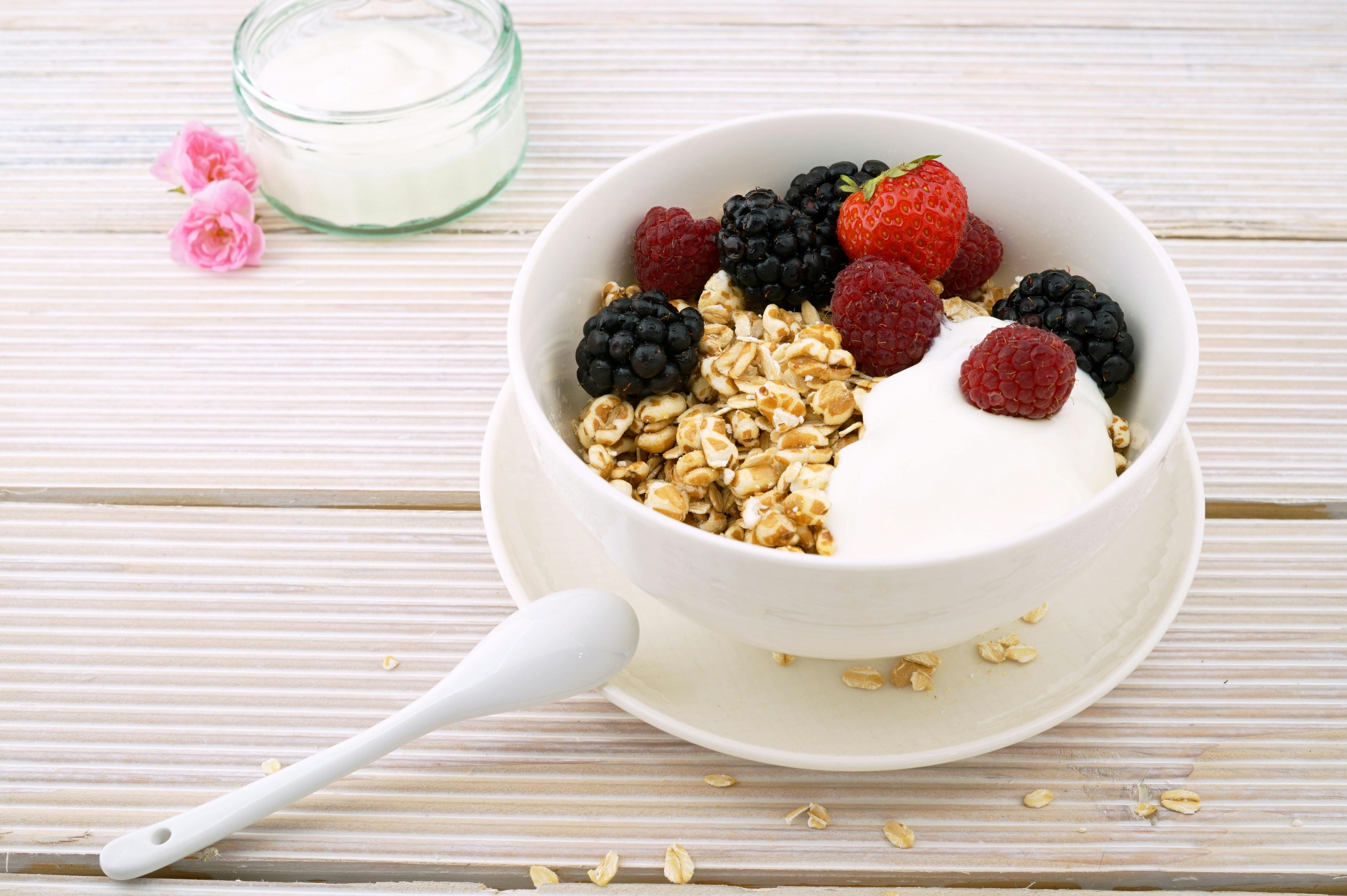
Dietary fiber, an essential component of plant-based foods, plays a significant role in maintaining overall health and has been linked to cancer prevention. Found in fruits, vegetables, whole grains, legumes, nuts, and seeds, fiber is categorized into two types: soluble and insoluble. Both types contribute to various health benefits, including potential cancer risk reduction.
Mechanisms of Cancer Prevention
The protective effects of dietary fiber against cancer are attributed to several mechanisms:
- Reduction of Carcinogen Exposure: Fiber increases stool bulk and accelerates transit time through the colon, thereby reducing the contact time between potential carcinogens and the intestinal lining.
- Production of Short-Chain Fatty Acids (SCFAs): The fermentation of certain fibers by gut bacteria produces SCFAs, such as butyrate and propionate. These compounds can modify histones, influencing gene expression by suppressing cancer-promoting genes and activating tumor-suppressor genes, particularly in colon cells.
- Modulation of Gut Microbiota: A high-fiber diet promotes a diverse and healthy gut microbiome, which plays a crucial role in modulating the host's metabolism and immune responses, contributing to cancer prevention.
Evidence from Research
Numerous studies have investigated the relationship between dietary fiber intake and cancer risk:
- Colorectal Cancer: A meta-analysis indicated a 10% reduction in the risk of colorectal cancer for each 10 grams per day increase in total dietary fiber intake.
- Breast Cancer: Higher fiber consumption has been associated with a lower risk of breast cancer.
Dietary Recommendations
To harness the cancer-preventive benefits of fiber, it is recommended to consume a variety of fiber-rich foods:
- Fruits and Vegetables: Aim for at least 2½ to 3 cups of vegetables and 1½ to 2 cups of fruits daily. These provide essential nutrients and fiber.
- Whole Grains: Choose whole grains over refined grains to increase fiber intake. Examples include brown rice, whole wheat bread, oats, and bulgur wheat. Bulgur wheat, in particular, is noted for its high fiber content and health benefits.
- Legumes: Incorporate beans, lentils, and peas into meals. These are excellent sources of both fiber and protein.
Additional Considerations
Maintaining a healthy weight is crucial for cancer prevention, as obesity is a known risk factor for various cancers. High-fiber foods tend to be more filling and lower in calories, aiding in weight management by promoting satiety and reducing overall calorie intake. This effect can indirectly contribute to lowering cancer risk.
In conclusion, incorporating a variety of fiber-rich foods into your diet is a proactive approach to reducing cancer risk and promoting overall health. Emphasizing whole, plant-based foods can provide the necessary fiber to support these benefits.
References:
Disclaimer
The watching, interacting, and participation of any kind with anything on this page does not constitute or initiate a doctor-patient relationship with Veripeudic.com. None of the statements here have been evaluated by the Food and Drug Administration (FDA). The products of Veripeudic.com are not intended to diagnose, treat, cure, or prevent any disease. The information being provided should only be considered for education and entertainment purposes only. If you feel that anything you see or hear may be of value to you on this page or on any other medium of any kind associated with, showing, or quoting anything relating to Veripeudic.com in any way at any time, you are encouraged to and agree to consult with a licensed healthcare professional in your area to discuss it. If you feel that you’re having a healthcare emergency, seek medical attention immediately. The views expressed here are simply either the views and opinions of Veripeudic.com or others appearing and are protected under the first amendment.
Veripeudic.com promotes evidence-based natural approaches to health, which means integrating her individual scientific and clinical expertise with the best available external clinical evidence from systematic research. By individual clinical expertise, I refer to the proficiency and judgment that individual clinicians acquire through clinical experience and clinical practice.
Veripeudic.com does not make any representation or warranties with respect to the accuracy, applicability, fitness, or completeness of any multimedia content provided. Veripeudic.com does not warrant the performance, effectiveness, or applicability of any sites listed, linked, or referenced to, in, or by any multimedia content.
To be clear, the multimedia content is not intended to be a substitute for professional medical advice, diagnosis, or treatment. Always seek the advice of your physician or other qualified health providers with any questions you may have regarding a medical condition. Never disregard professional medical advice or delay in seeking it because of something you have read or seen in any website, video, image, or media of any kind. Veripeudic.com hereby disclaims any and all liability to any party for any direct, indirect, implied, punitive, special, incidental, or other consequential damages arising directly or indirectly from any use of the content, which is provided as is, and without warranties.

